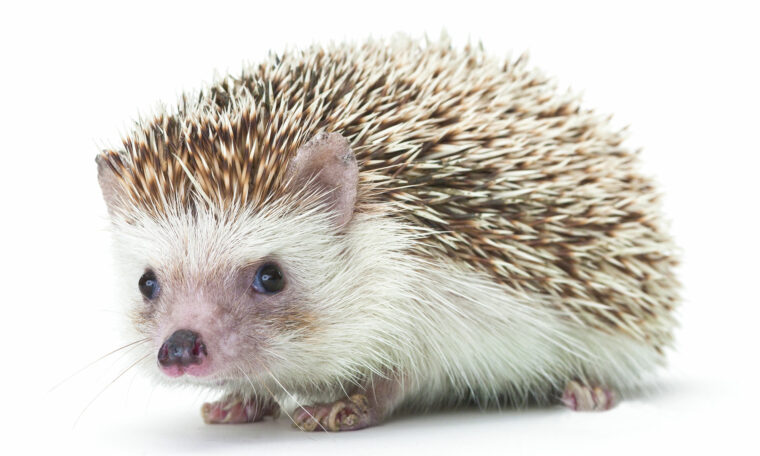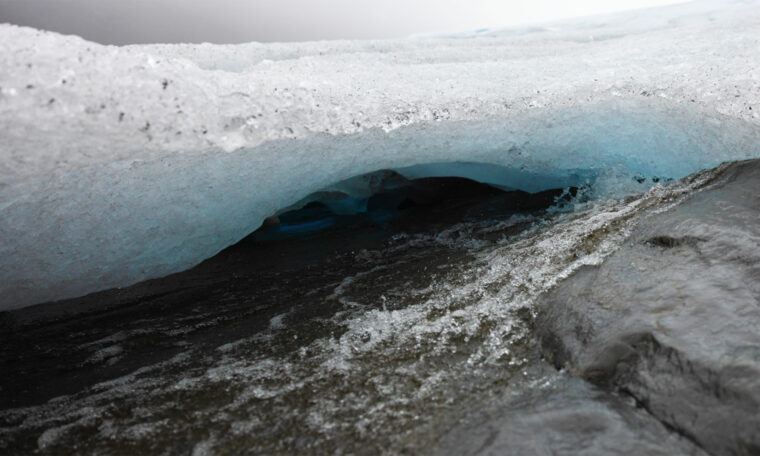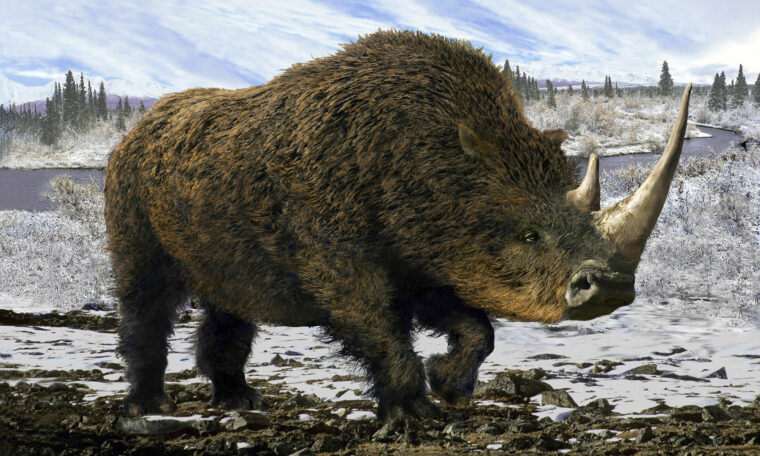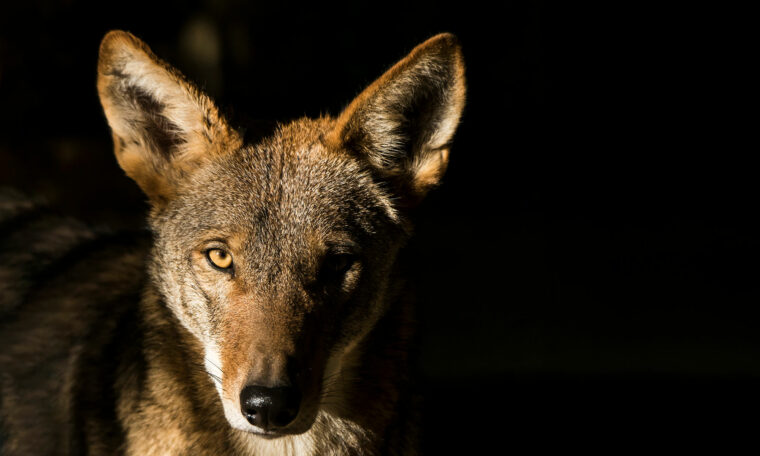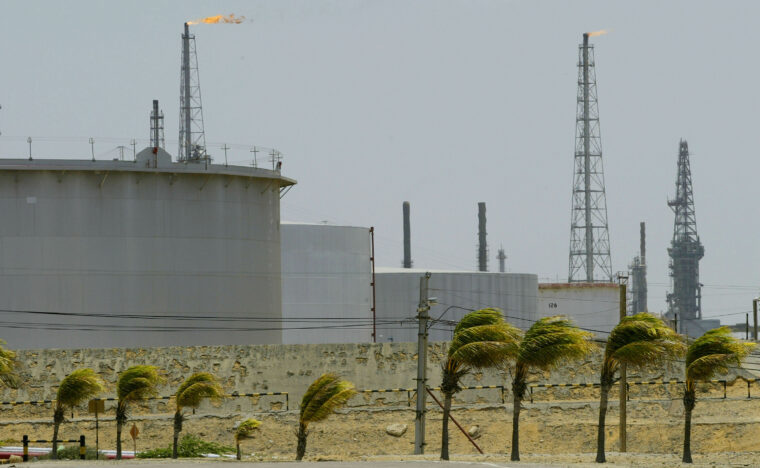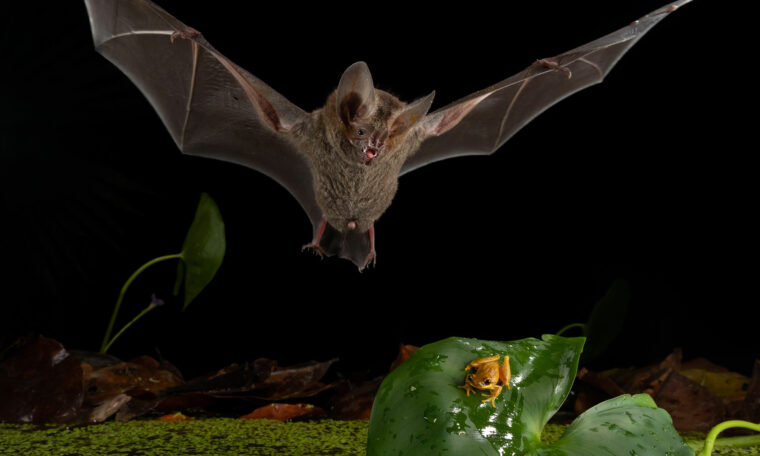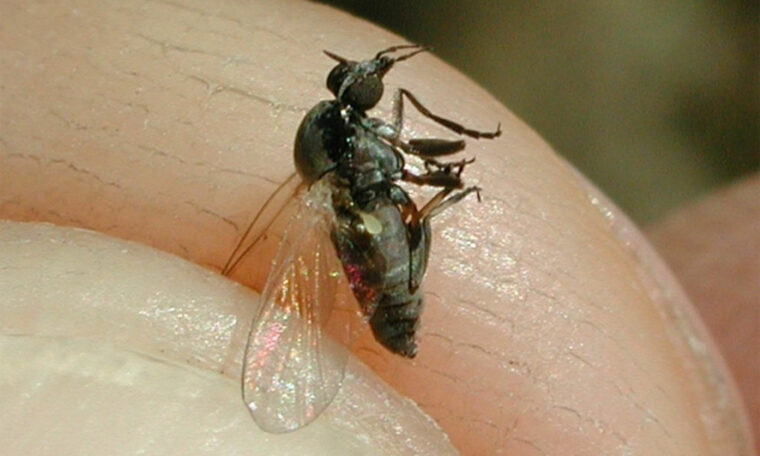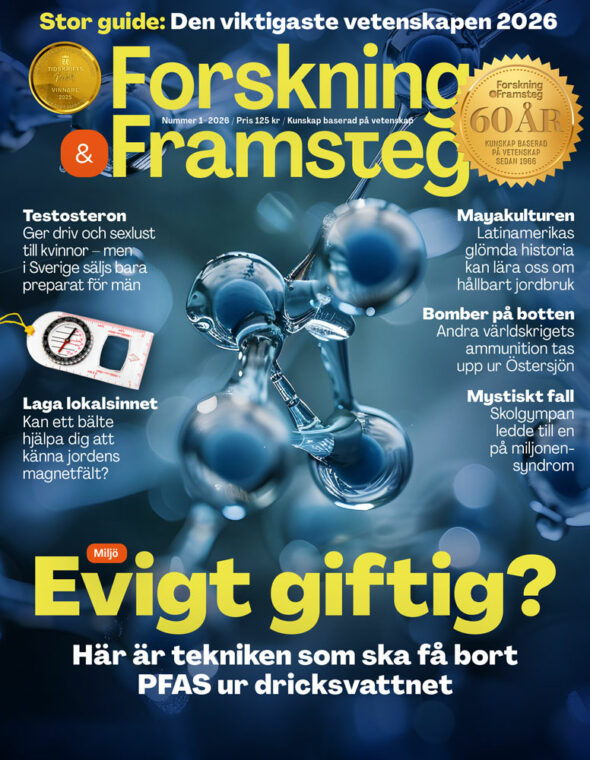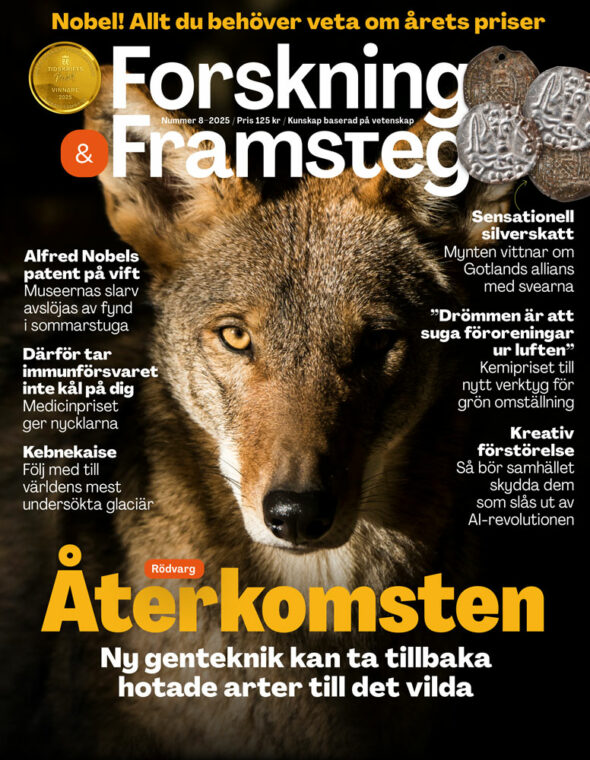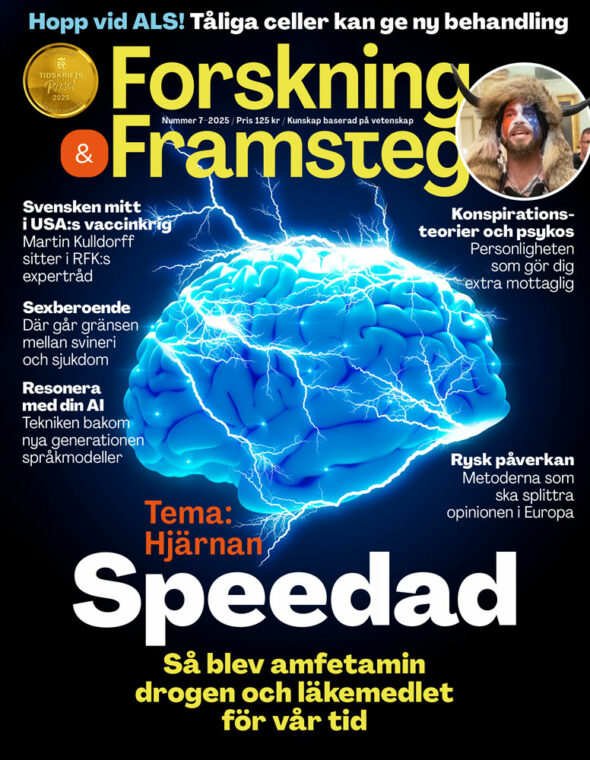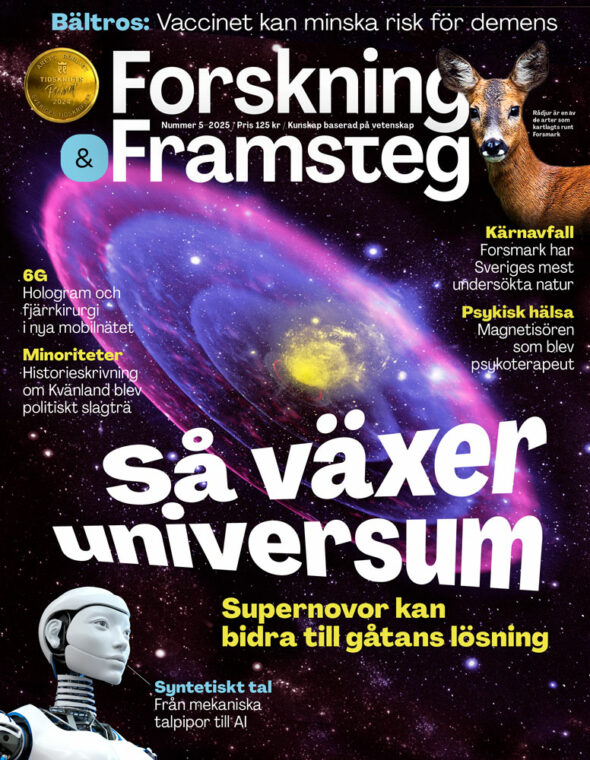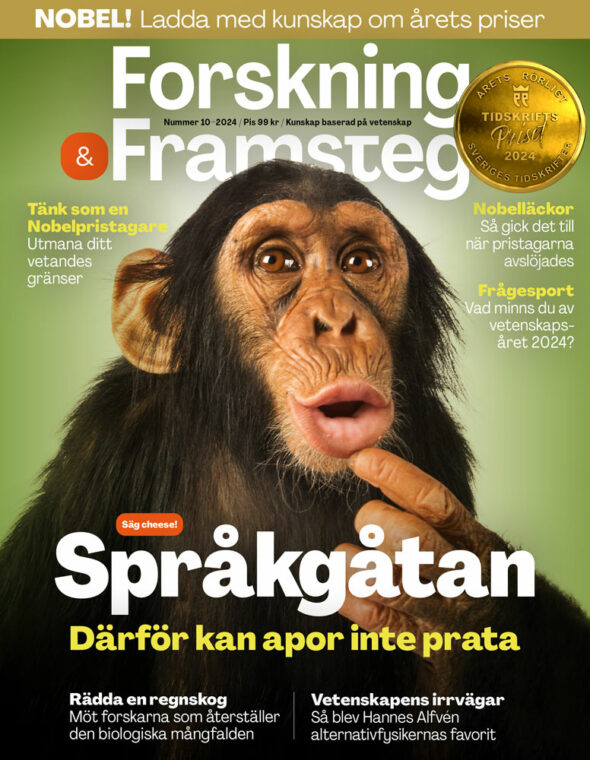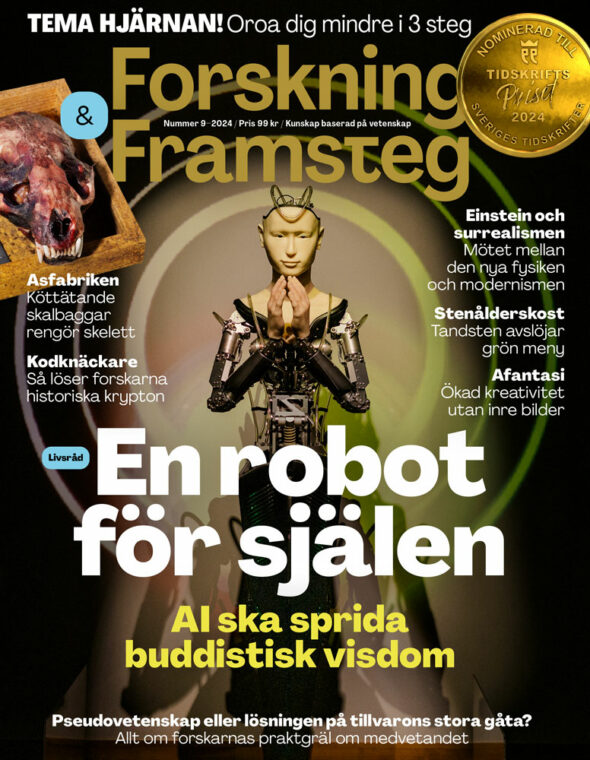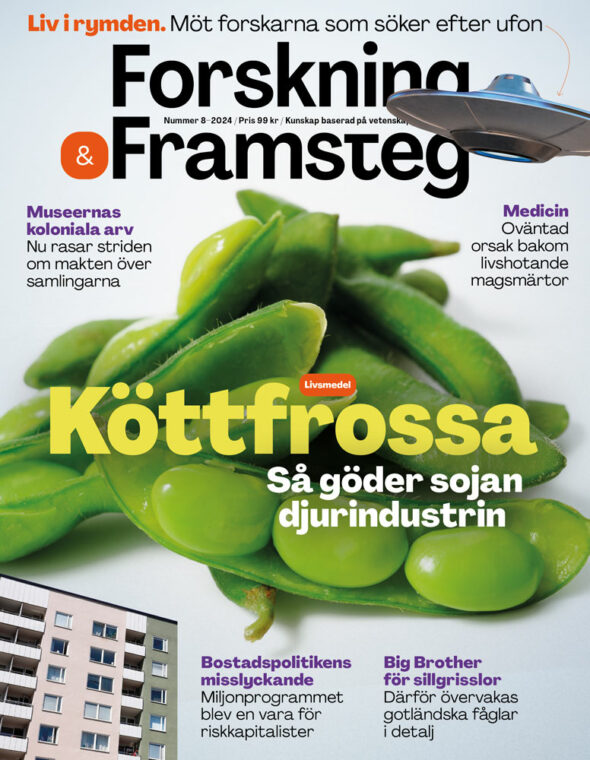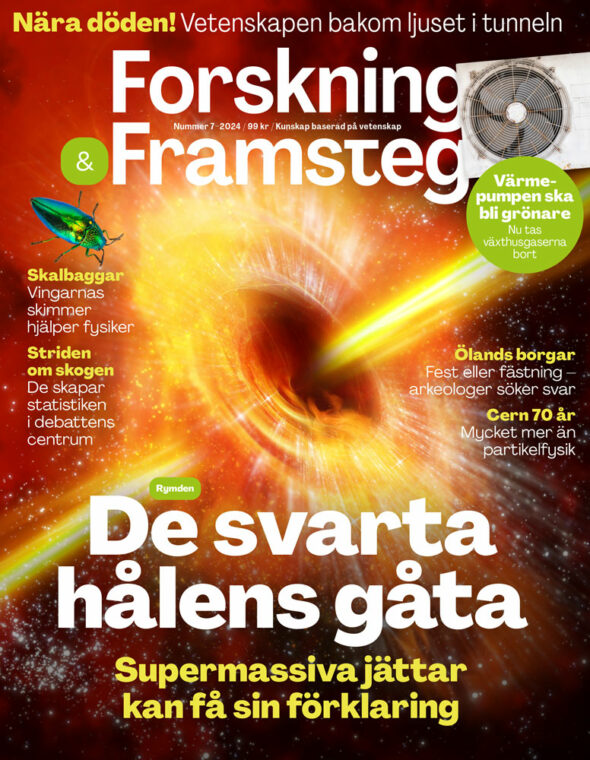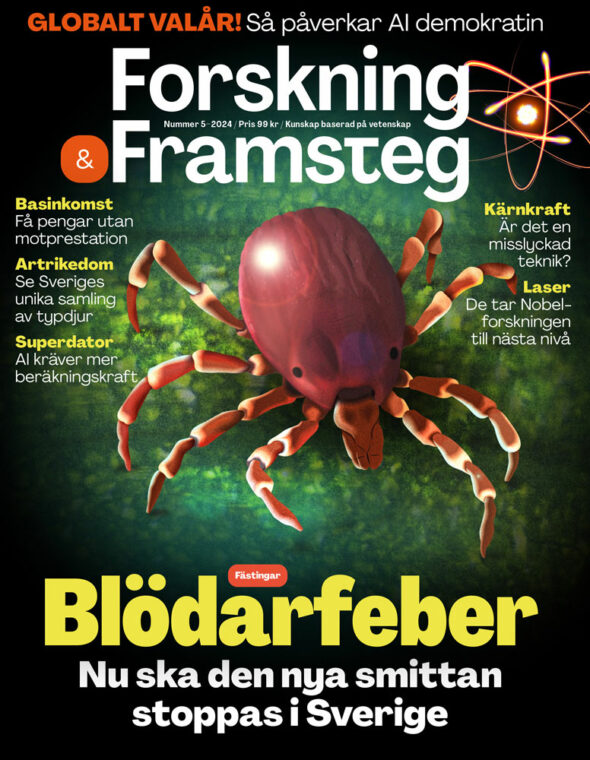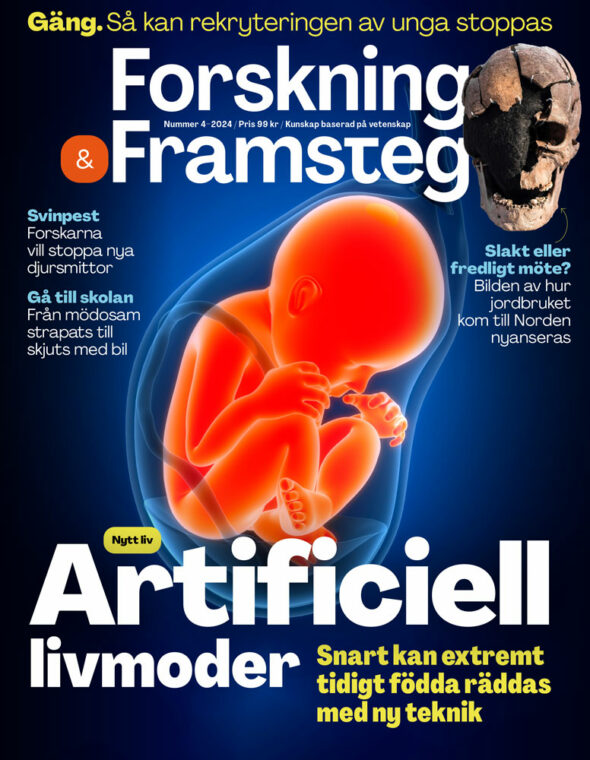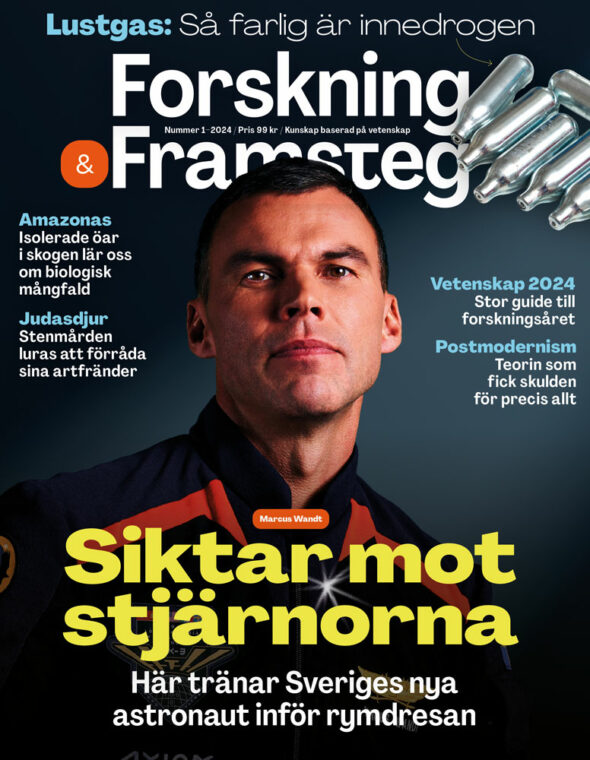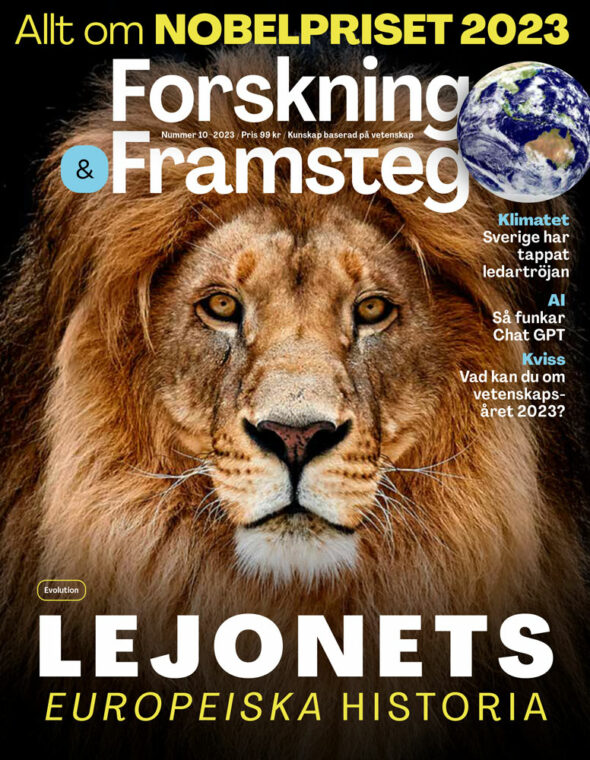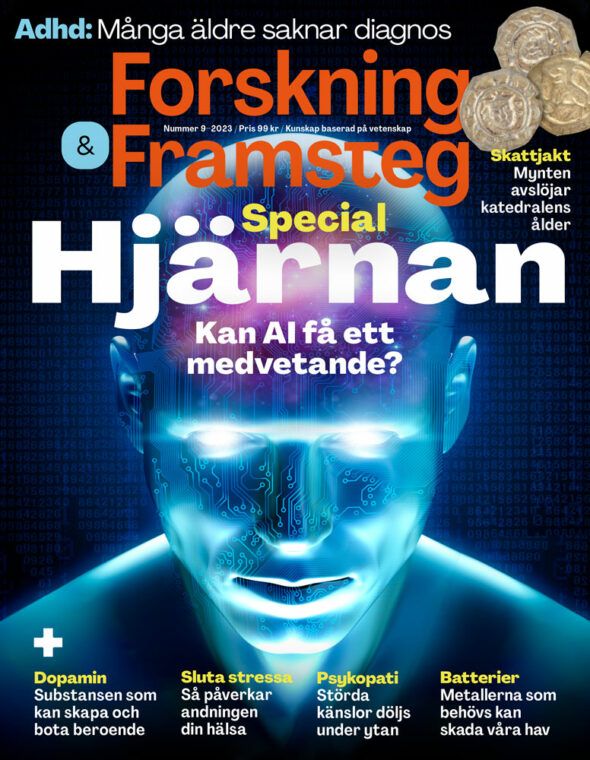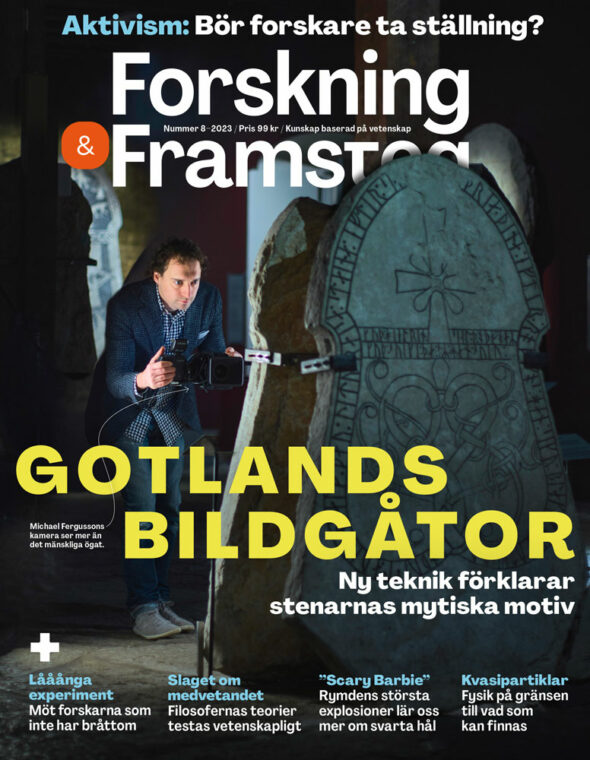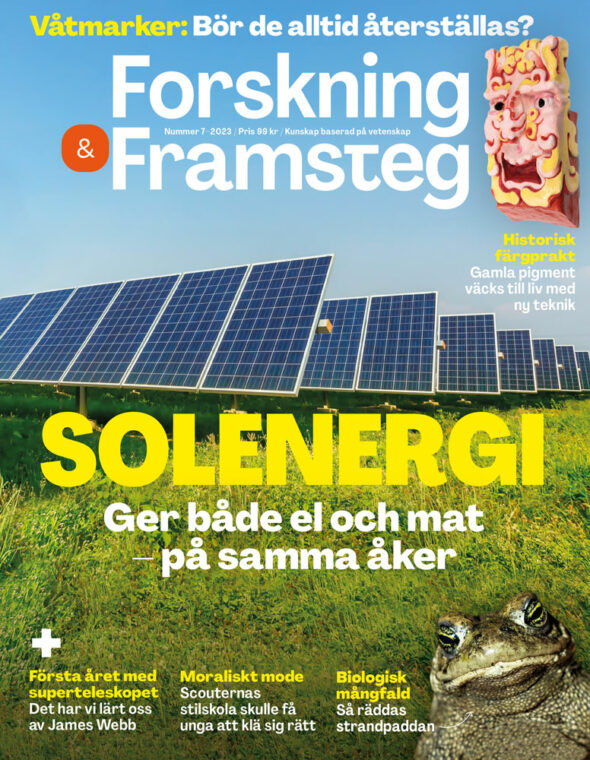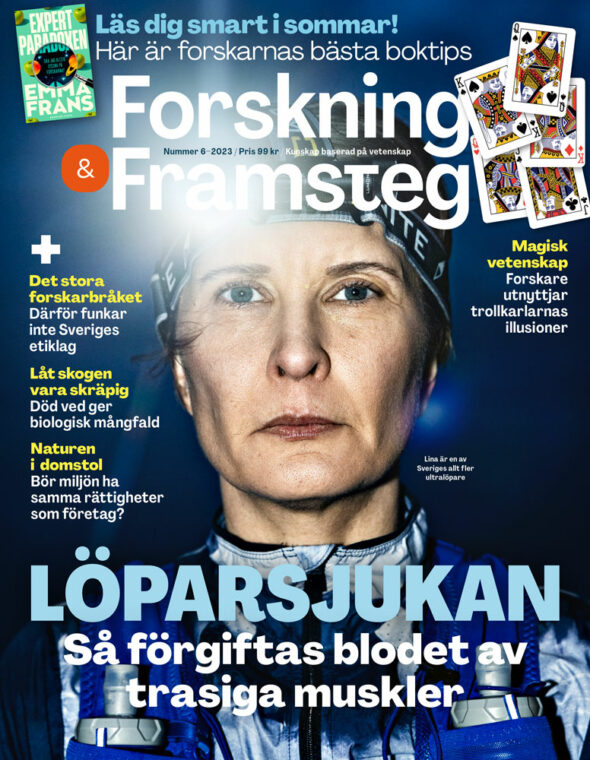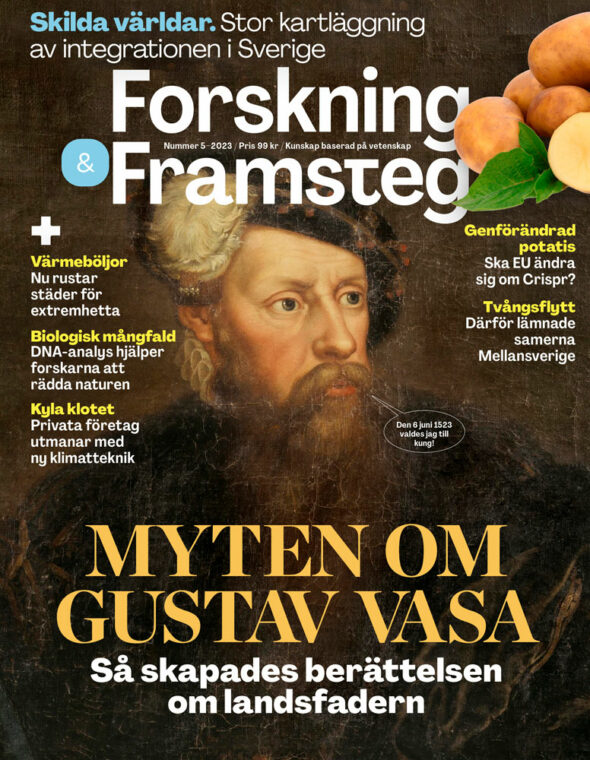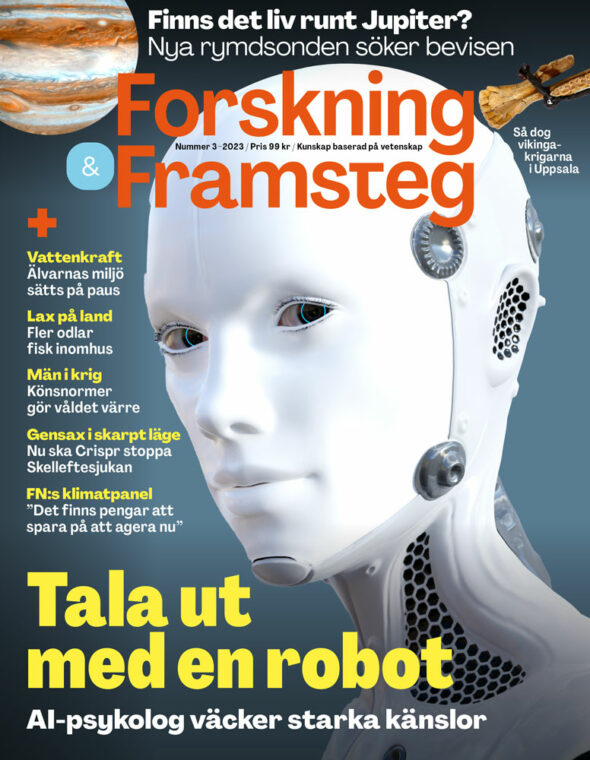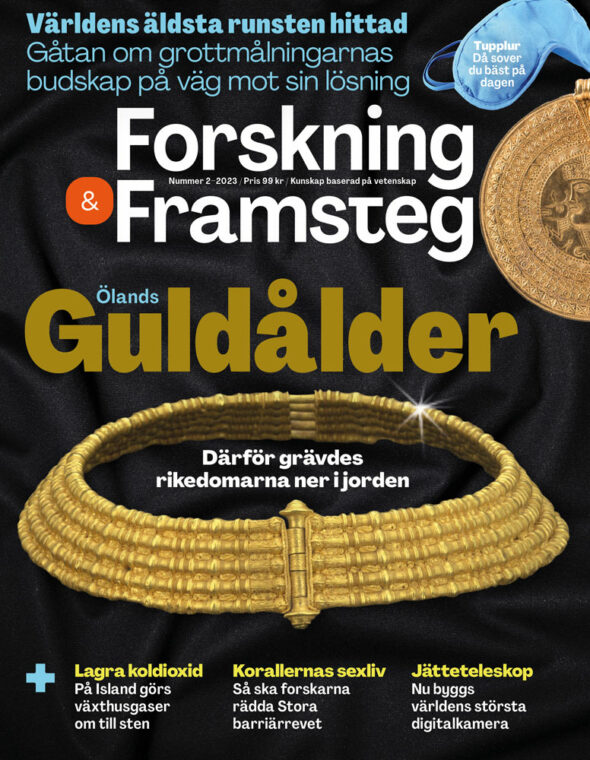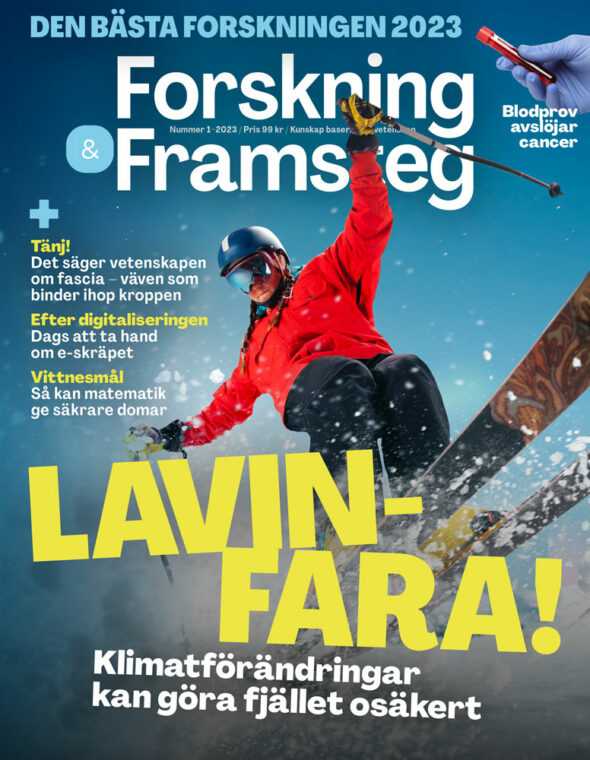”Research on bison completely wrong”
A single grazing European bison removes as much carbon dioxide from the atmosphere as the annual emissions from 11,100 gasoline-powered cars, according to the British newspaper The Guardian. Forskning & Framsteg has spoken with experts who believe these calculations are way off.
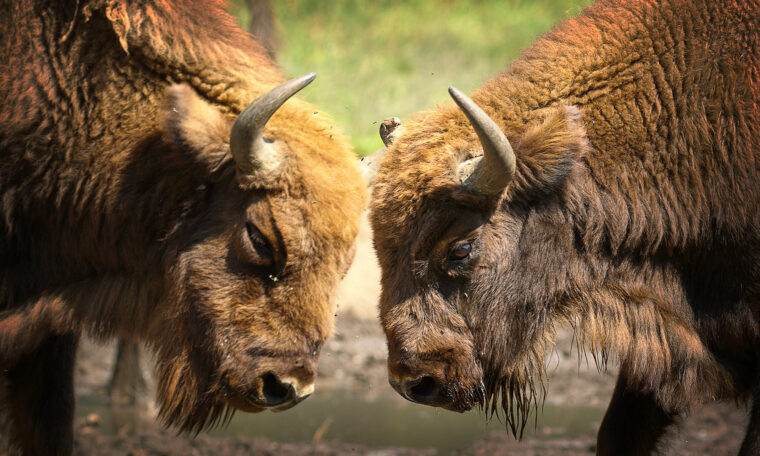
The European bison became extinct in Romania more than 200 years ago. With animals from Sweden and other countries they now graze in Romania again.
Image: Getty images
The article in Swedish: ”Forskning om visenter helt åt skogen”
In the Țarcu Mountains of southwestern Romania, 170 European bison now graze. The species went extinct in Romania more than 200 years ago. The effort to reintroduce them began in earnest in 2014.
These bison do enormous good for the climate, according to research presented in The Guardian. The British newspaper relies on information from the Global Rewilding Alliance, which works to reintroduce extinct animal species. According to the organization, Romania’s 170 European bison contribute to sequestering as much carbon in the soil as the annual emissions from 1.88 million gasoline-powered cars. But experts Forskning & Framsteg has spoken with are astonished when presented with the figures.
”Far beyond reasonable”
”That is far beyond what I would classify as reasonable,” says Per Bodin, who works with carbon sequestration and other climate issues at the Swedish Board of Agriculture.
The calculations are found in a new report funded by the World Wildlife Fund (WWF) in the Netherlands. It is neither peer-reviewed nor published in any scientific journal. Per Bodin has compared the report’s conclusions with the carbon sequestration calculation models used by the Swedish Board of Agriculture.
”There is a factor of one hundred difference,” he says.
Thomas Kätterer, a professor of systems ecology at the Swedish University of Agricultural Sciences, is also skeptical.
”The calculations are completely off,” he says.
According to the scientists speaking in The Guardian, the bison caused the soil to store 9.8 times more carbon from the atmosphere. Thomas Kätterer, with extensive experience in calculating how carbon and other elements move within different ecosystems, has rarely seen effects greater than a few tens of percent.
Uncritical researchers
He suspects that the researchers have been uncritical of their results because they can be used as arguments for the purpose of the Global Rewilding Alliance, which is to reintroduce extinct species. Bison released into an area where they were previously extinct can benefit biodiversity. But that does not automatically make them climate heroes.
Elin Röös, a senior lecturer at the Swedish University of Agricultural Sciences who researches the climate effects of different agricultural systems, is surprised that The Guardian even mentions the report on bison.
”The whole thing is too good to be true,” she says.
She sees several red flags. Everything is based on a study that has not been peer-reviewed in the usual way. The research heavily relies on modeled calculations and – not least – provides results that differ significantly from what is usually observed.
Since this article was published WWF has withdrawn the study and the article in The Guardian has been edited.
A number in this article has been corrected on May 16 2024 at 10:48.

Kunskap baserad på vetenskap
Prenumerera på Forskning & Framsteg!
Inlogg på fof.se • Tidning • Arkiv med tidigare nummer



